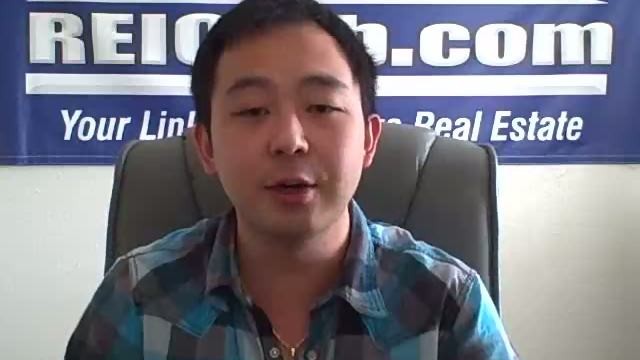Tax Liens Certificates The Holy Grail of Real Estate Investing
Post on: 9 Июнь, 2015 No Comment

Tax Liens Certificates: The Holy Grail of Real Estate Investing
November 28, 2012
By Octavio Nuiry, Staff Writer Text Size A A A
The November 2012 issue of the Foreclosure News Report takes a look at investing in tax lien certificates. We take readers into this arcane area of real estate, where investors need little cash to get started and succeed. It’s a lucrative field, but investors need to educate themselves to the various legal aspects of the business.
Here’s a little taste of our story on how to buy real estate tax liens:
It’s probably the best real estate investment that nobody knows about.
It beats stocks. Its yields are higher than bonds. And it offers returns infinitely higher than the next-to-zero interest rates offered by banks. But the investors profiting from these investments don’t want you to know about them.
They’re called tax lien certificates .
Each year, millions of homeowners fall behind on their property taxes and thousands of municipalities sell billions of dollars of unpaid real estate taxes to savvy third party investors like Joanne M. Musa, an East Stroudsburg, Pa. tax lien investor, who could, ultimately, bring foreclosure proceedings against the delinquent owners.
Since 2002, I’ve bought hundreds of tax liens for myself and for other investors, said Musa, whose known as the Tax Lien Lady, and teaches and trains other investors how to buy tax liens through her website, www.TaxLienLady.com. You dont’ need $10,000 to get started. You can start investing in tax certificate liens for as low as a couple of hundred dollars.
Counties nationwide need real estate tax revenue immediately. When a homeowner doesn’t pay their property taxes, municipalities slap a lien on the property, charging interest (some states charge a penalty instead). Investors purchase the tax lien, not the property. It’s essentially a loan to a homeowner until they pay their back taxes. Investors hold the certificates until the owner pays up on the delinquent taxes and the accruing interest. Once the taxpayer pays the government, the government pays the investor his portion, plus interest, penalties and other costs. In Florida, investors get their 18 percent interest either when 1) the owner pays their property taxes late, or 2) the property is sold at the courthouse steps in a tax deed sale.

For instance, if Palm Beach County, Fla. homeowner Dave owes $5,000 in delinquent real estate taxes, a tax lien investor could give the county $5,000 to cover him. If Dave pays a year later, the county pays the investor $5,900. If it takes him two years to pay his taxes, then the investor gets $6,800 on a $5,000 investment. In Florida, investors get 18 percent, simple interest, or 1.5 percent per month, on tax lien certificates.
The only caution that experts give — and it’s a big one — is that investors understand fully what they are doing before starting in tax lien investing.
“Tax liens are less of an investment and more of a business,” said Michael Pellegrino, a tax lien attorney with Pellegrino & Feldstein, L.L.C. in Denville, N.J. who represents tax lien investors buying delinquent taxes in the state’s 566 municipalities. “It’s a business. There’s a lot to it. There’s a long learning curve. Unless you have the time to inspect properties, manage the business and know your state’s laws, you’re better off buying stocks, which are passive investments. You have to manage it to be successful. This is an active investment.”
Read the full article in the November 2012 issue of the award-winning Foreclosure News Report . If you’re not a subscriber, subscribe now for a 30-day free trial subscription and you’ll get the November issue free.
Related News














